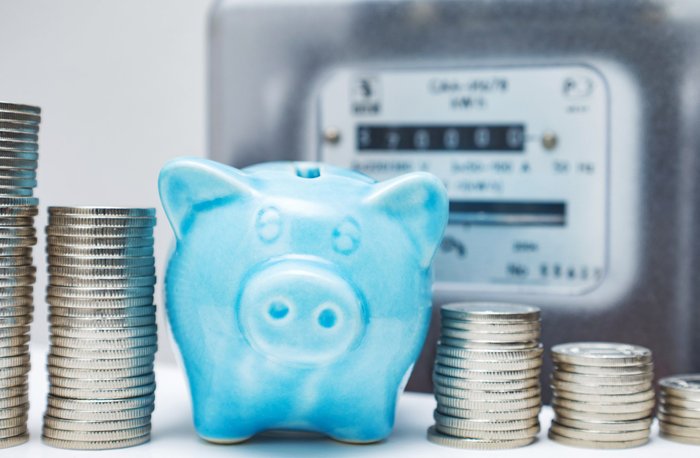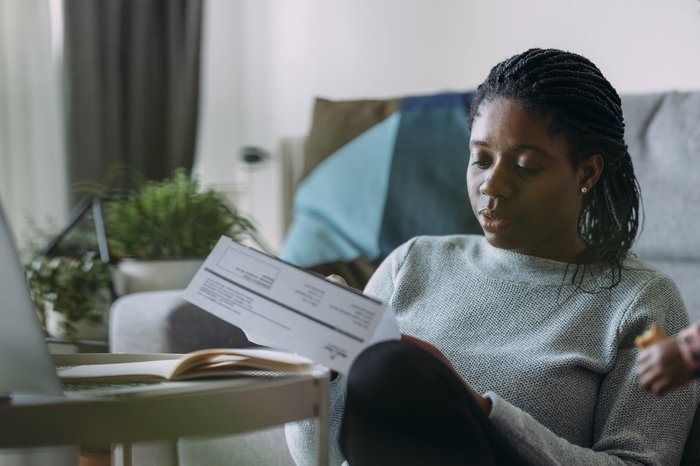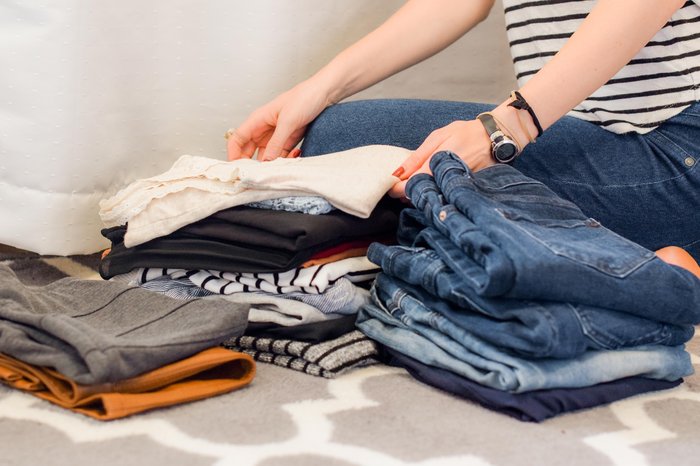With the continuing rises to the cost of living, it can be particularly difficult to stay on top of bills and other key day-to-day expenses. But there are options available that can help you to make the most of your money, from making savvy financial choices to claiming all the benefits you are entitled to.
Remember, we are here to help everyone affected by kidney disease, so get in touch or find more practical guidance to help you manage the rising costs of living on our website.
Get the help you're entitled to
Our team can help you make sure you are getting all the financial help available to you by providing a free Welfare and Benefits Health Check service.

Without support, it can be difficult to find out about benefits and navigate complicated claims procedures. If you have an ongoing serious health condition, receiving extra income, financial support or help with everyday essentials can significantly improve your quality of life.
Our advocacy team has direct, personal experience of kidney disease and its treatment. Even if you think you are getting all the help available to you, a Welfare and Benefits Health Check can be a useful way to make sure you're not missing out, or to get expert support to challenge an unfair decision.
As part of your free Welfare and Benefits Health Check we will:
- listen to you to understand the different kinds of support you may need
- help you go through an assessment of your household’s current financial situation
- identify the income and benefits you’re entitled to
- make a plan and support you to do improve your situation
- offer you support beyond immediate financial assistance, for example through counselling, by providing advice about treatment options or by suggesting further useful information.
To contact our advocacy service and request a Welfare and Benefits Health Check, call us on call our Support Line 0808 801 0000 (Monday to Friday between 9am-5pm), contact us through our online form or send us an email at [email protected].
Start dealing with your debts

If you’re in debt and don’t know what to do next, we can help you get back on track.
- Start by gathering all the information on your debts, such as bills and statements, so you understand the full picture.
- Make lists of key details, such as how much you owe, who you owe it to and how long you have owed the money.
Once you have an understanding of your debt, or if you need extra support in putting together your debt picture, please contact us for help. We will help you to prioritise your debts, maximise your income and see what your options are for getting your debt reduced. From there, we can help you to develop a plan to get you out of debt.
For debt support, call our Support Line 0808 801 0000 (Monday to Friday between 9am-5pm), contact us through our online form or send us an email at [email protected].
Reduce your regular living costs
If you are concerned about the rising costs of living, start by looking at your regular living expenses. You might be able to save money by:
- Reviewing your options with your utility provider
- Following some budget friendly tips to eating a kidney friendly diet
- Switching to a cheaper broadband, TV, or phone deal. If you’re getting benefits, check which providers offer social tariffs for broadband and phone services on the Ofcom website.
- Make use of comparison websites when renewing car, house and life insurance.
- Claiming expenses back if you drive yourself to dialysis instead of using patient transport.
- Finding out if you are eligible for a free TV licence or if you do have to pay for a BBC licence at all.
- Finding out about council tax discounts or reductions by contacting your local authority council tax department. You might be able to get a council tax discount or reduction if you live alone, receive home dialysis, claim Job Seeker's Allowance, Employment Support Allowance, Pension Credit or Income Support or have made adaptations to your home such as an additional bathroom with disabled access.
Save on NHS prescriptions
Most adults in England have to pay prescription charges. The current charge is £9.90 per item (from 1 May 2024), which can add up if you have been prescribed multiple items.
You may be entitled to help to pay for NHS costs: check if you are entitled to free prescriptions online.
Medical exemption certificates confirm you do not have to pay a prescription charge. Eligibility is typically based on your age or the benefits you receive, but it is also available if you have certain medical conditions, such as a permanent fistula which requires continuous surgical dressing, or if you live with diabetes and it is managed with more than diet changes alone.
If you are not entitled to free prescriptions, you might be able to save money by purchasing a prescription prepayment certificate (PPC). A PPC covers all your NHS prescriptions, including NHS dental prescriptions, no matter how many items you need.
There are two PPC options to choose from:
- The 3-month PPC costs £32.05 and will save you money if you need more than three prescribed items in three months.
- The 12-month PPC costs £114.50 and will save you money if you need more than 11 prescribed items in a year.
There are several payment options available. If you choose the 12-month PPC, you can pay for it upfront, or by 10 monthly direct debit instalments.
It's quickest to buy a PPC online. If you prefer to talk to someone, call the PPC order line on 0300 330 1341. Your certificate will be valid from the day you make the phone call, unless you request otherwise.
Save on travel costs
Each of the four nations has its own scheme for issuing travel cards, which may help you save money.
Read our travel benefits advice for CKD patients for details of how to apply for the English National Concessionary Travel Scheme, the Disabled Person’s Concessionary Travel Card in Wales, the National Entitlement Card in Scotland and the Half Fare SmartPass in Northern Ireland.
Maximise your income
As well as reducing how much you spend, it is worth looking your options for increasing the amount of money you receive. You might be able to generate additional income by:
- Looking for deals to switch bank account or utility suppliers that may include a cash incentive.
- Decluttering and selling any old clothes, books, CDs and games.
- Selling your old mobile for cash if you’ve recently upgraded or have an old mobile phone that is not in use. You could make £100s by selling it to a mobile-buying site.
- Turning a hobby into an income. If you're keen on arts and crafts, try selling your jewellery, artwork or items either online or in person.

A tip about tax: You can earn up to £1,000 from either self-employment or selling goods ‘for profit’ without registering as self-employed with HMRC. If you're earning over £1,000 from these income boosters, you'll need to declare it to HMRC regardless of whether you're self-employed or PAYE. For more details, read HMRC's self-employment information.
Get help if you’re facing financial hardship
If you are struggling, we are here for you.
Contact our team for direct support towards domestic costs, travel costs, further education, and training. We can also let you know about additional support options that may be available to you, such as:
- Benefits to help with housing costs like the Discretionary Housing Payment from your local authority (available if you are entitled to Housing Benefit or the Housing Costs part of Universal Credit)
- Urgent fuel support in the form of emergency fuel vouchers, which you can use to top up your pre-payment meter.
- Vouchers for food, including from foodbanks and other local schemes. This could include free vitamins and Healthy Start vouchers for milk, fruit and vegetables and infant formula milk for people who are eligible.
- Guidance about better loan options, for example avoiding high-interest loans that come with big repayment charges. If you are eligible, a Budgeting Loan is interest free, so you only have to pay back the amount you borrow, and repayments are taken automatically from your benefits.